News
KUBS News
AI Is Redefining Marketing—Kong Ventures CEO Juhyung Lee Says GEO Will Be the Next Standard
2025.11.13 Views 1212 국제실
AI Is Redefining Marketing — KONG Ventures CEO Juhyung Lee says GEO Will Be the Next Standard
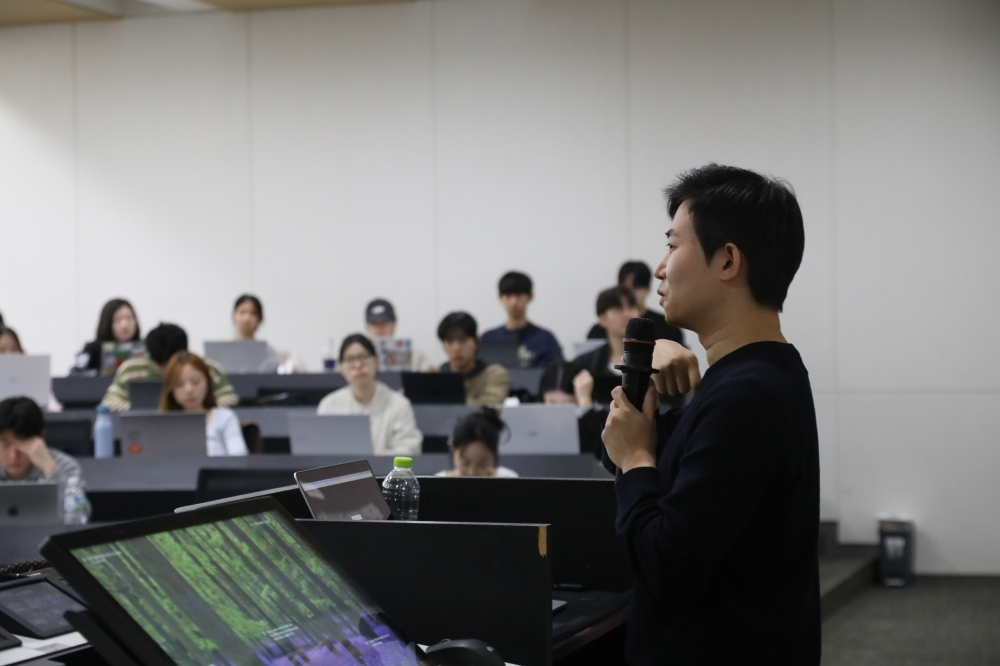
On Tuesday, October 28, Juhyung Lee, CEO of Kong Ventures, delivered a lecture titled “The Paradigm Shift in Marketing in the Age of AI” as part of the Entrepreneurship Academy Lecture on Demand, hosted by the Startup Research Institute at Korea University Business School. The session, introduced by Professor JinKyu Park, Director of the Startup Research Institute, focused on practical insights drawn from Lee’s hands-on experience in startup founding and global market expansion, receiving an enthusiastic response from attending students.
Lee shared that he began his entrepreneurial journey with the mission of “delivering the full value of compelling brands to customers.” Recognizing that limited development skills often pose a major barrier for entrepreneurs, he launched Hatchhiker, a no-code, AI-powered platform that enables users to create websites and mobile apps with ease. However, he soon realized a hard truth: “Even with a website, a brand cannot survive without marketing capabilities.” To tackle this challenge, he developed an SEO (Search Engine Optimization) writing solution, expanding into the marketing field. Throughout this process, Lee identified a broader shift—one in which advanced AI delivers brand value by offering users the most optimized answers. While exploring the U.S. market, he came across the concept of GEO (Generative Engine Optimization) and became convinced that the future of brand experience would be shaped by AI. This conviction ultimately evolved into his company’s current business model.
At present, Kong Ventures operates Scope, a GEO diagnostic platform, and NAR Enterprise, a GEO consulting service. The company has also signed an MOU with Innocean to strengthen AI-based search capabilities and has secured major domestic clients—including a leading global cosmetics manufacturer and a global electronics company—as it continues to build practical GEO project cases.
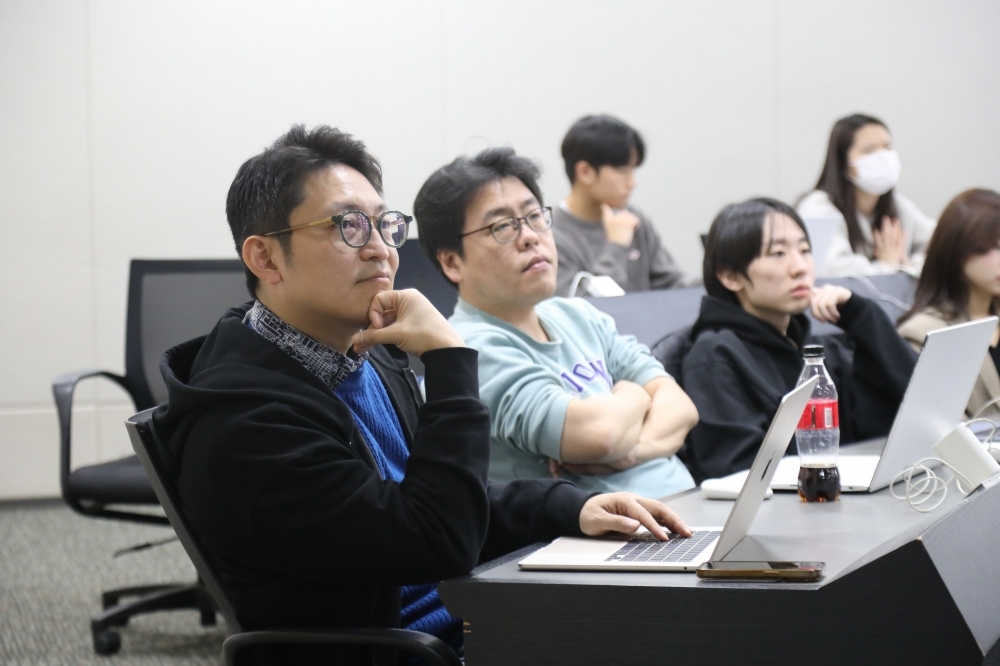
Lee defined GEO as “the process of optimizing AI to serve as a brand’s faithful representative, enabling it to deliver the brand’s intended message to customers accurately and effectively.” He explained, “While traditional SEO focused on improving website rankings for human searchers, GEO represents a fundamental shift—its optimization is directed not primarily at people, but at AI systems themselves.” He continued, “When people stop typing queries into Google and start asking ChatGPT directly, that will mark the beginning of a new era in marketing. In a world where consumers can discover and purchase products entirely through conversations with AI—or engage in real-time interactions with AI through smart glasses as they walk down the street—GEO will demonstrate its true power.” As an example, Lee highlighted Walmart’s collaboration with OpenAI to develop agentic commerce capabilities that allow users to plan meals, discover products, and make purchases seamlessly through natural conversations with AI.
Lee characterized the advancement of AI not as a “problem of replacement,” but as a “problem of design,” emphasizing the importance of individuals who can decide what tasks to assign to AI and how to apply its results effectively. He added, “We are now entering the era of one-person development teams,” noting that Kong Ventures has also achieved rapid growth through an efficient organizational structure.
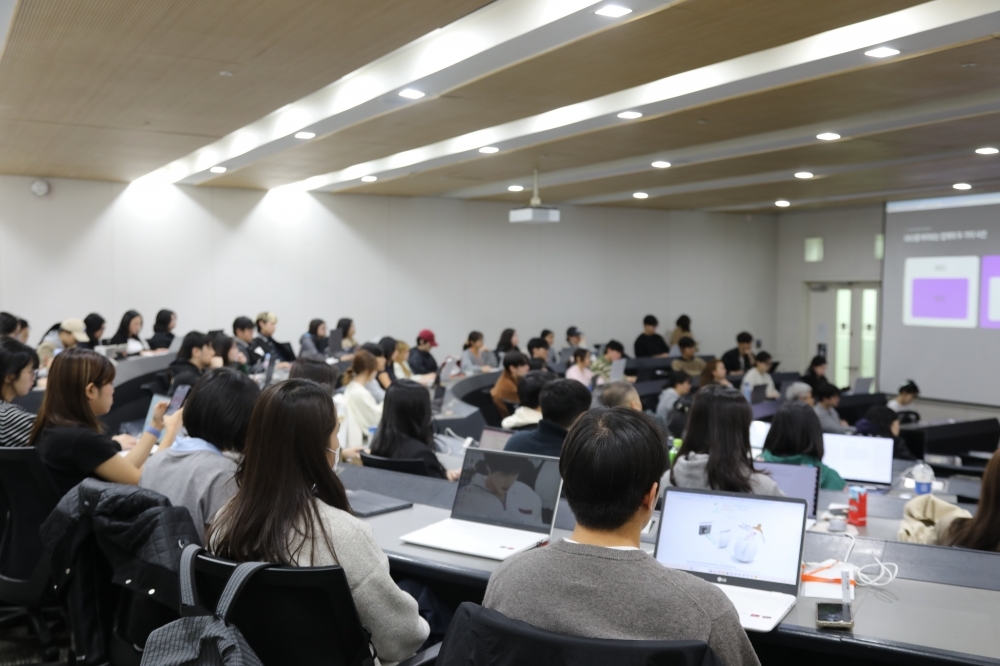
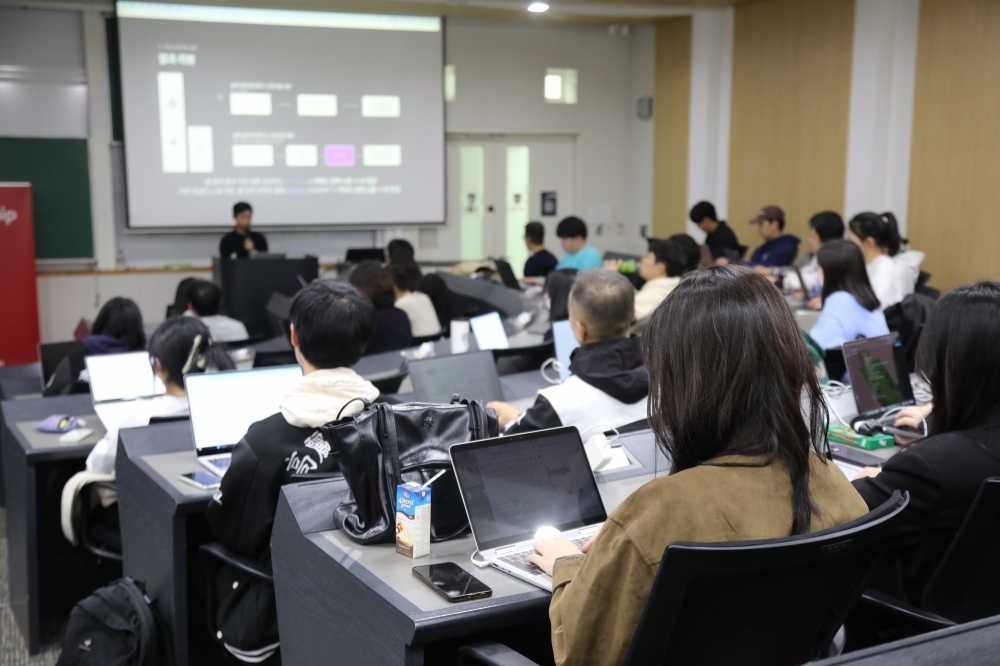
During the Q&A session, an attendee asked whether GEO would lose its relevance as AI continues to advance. Lee replied, “The importance of GEO has already been demonstrated in a market where AI is evolving at an unprecedented pace,” emphasizing that “the core of AI advancement ultimately lies in data.” He explained, “AI learns from and cites web content to improve its performance. For companies, this means that information intended for customers must be structured into data that AI can recognize and use effectively. As AI continues to evolve, the role of GEO will only become more essential.”
He added, “Conversion rates driven by AI recommendation platforms are steadily rising, and competition in this area will only intensify. Technical and conceptual competence, along with continuous improvement, will become key differentiators.” When asked about how the company attracted its initial clients, Lee said, “At a time when the term GEO wasn’t even defined, our goal was to optimize our clients’ content so that it would be recommended by multiple AIs.” He added, “Rather than relying on aggressive sales, we focused on forming and testing hypotheses about GEO. As we proved the effectiveness of our solutions and strategies, clients began approaching us first.”
Responding to a question about the reliability of AI recommendations, Lee remarked, “Google didn’t become the world’s leading search engine because it delivered 100% factual results.” He continued, “AI recommendation features will also evolve to provide greater value and refinement—and GEO will be part of that process.” He concluded, “Instead of philosophical debates, what truly matters is how well a brand is positioned within AI’s recommendation structures. Companies are already recognizing this value and investing in GEO solutions.”
This lecture provided students interested in marketing, entrepreneurship, content creation, and AI with a structured understanding of how marketing is transforming in the AI era and how to respond strategically. Lee’s insights into structural approaches centered on GEO, learning through failure, and pivoting experiences offered students valuable, practical lessons. He closed by saying, “AI, content, and marketing are not independent domains; they demonstrate true power only when tightly interconnected,” presenting a new direction for marketing in the age of AI.
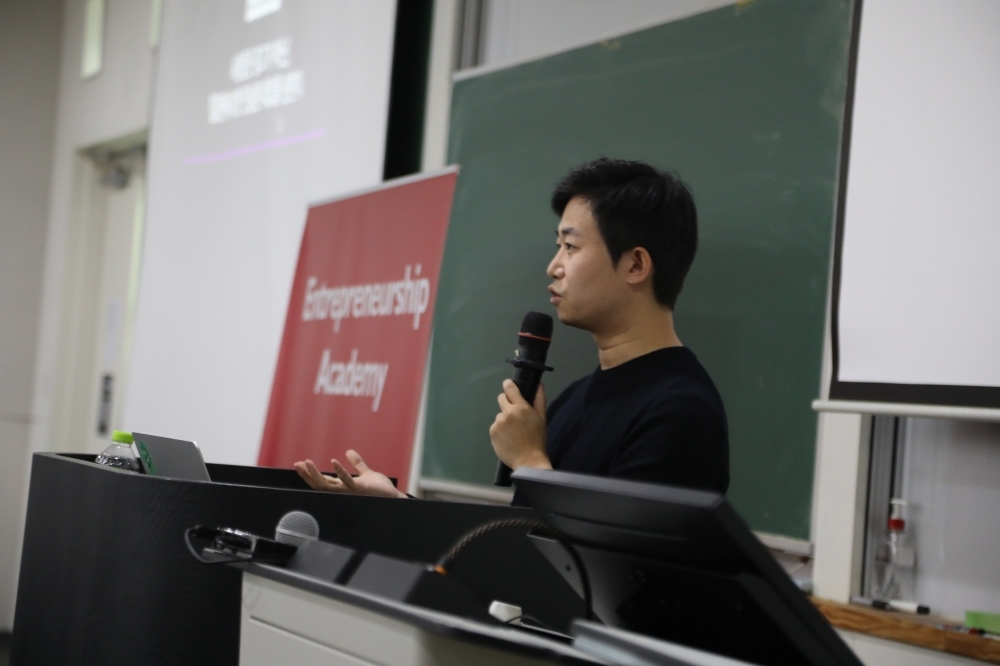
Meanwhile, the Entrepreneurship Academy Lecture on Demand, hosted by the Startup Research Institute, had previously held successful sessions in September on topics such as “Prompt Design Methods for AI in the World of Design” and “Building a Web App with AI in One Hour.” Those lectures drew high attendance and active participation, reflecting students’ strong enthusiasm to develop skills essential for the AI era. This latest lecture also concluded successfully, and upcoming sessions will feature Art Director Minjung Seo and Wisely CEO Dong-wook Kim. The Startup Research Institute plans to continue hosting high-impact lectures that provide practical knowledge and insights necessary for entrepreneurship, reflecting the needs of both resident startups and students.


